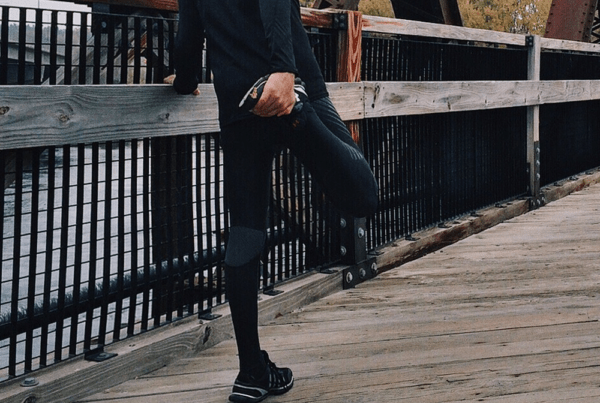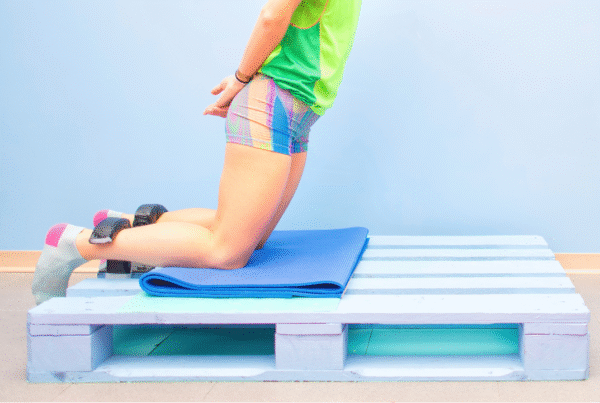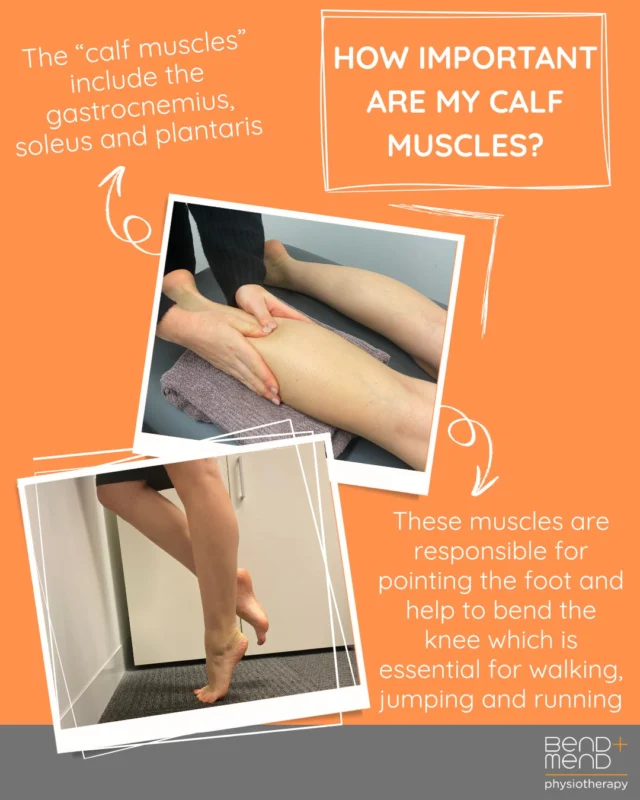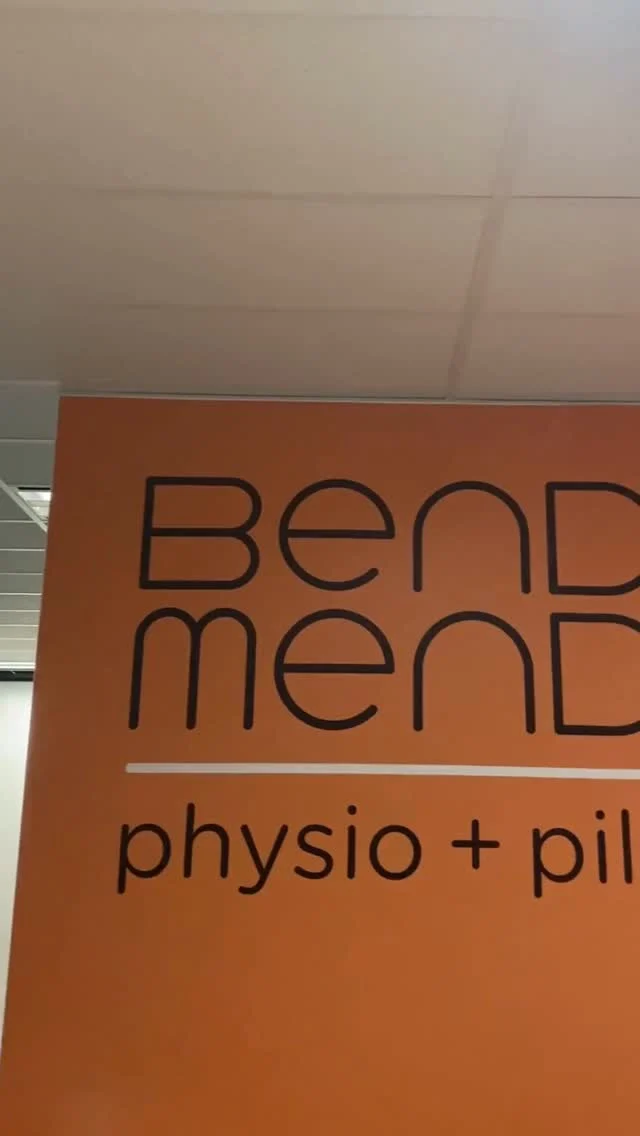As a Physio, we commonly get asked, “Why do my joints click?”, or, “What is it that makes that funny clicking noise in my neck/knee/shoulder?”. This is most often followed by, “Is it doing any damage?”.
Most people have felt or heard a click in their back, neck or fingers, as they move and sometimes felt a sense of release with this. Or perhaps you always get a click with a certain movement. Perhaps you can hear your knees when you walk upstairs or downstairs. So what is causing these strange noises?
Actually, there is no one single cause or explanation for these noises. Many different structures can cause a click in the human body and here we will discuss some of the more common ones.
Cavitation
Joints (where two bones meet) are surrounded by a capsule made from dense, fibrous connective tissue. Inside this capsule is a clear fluid called synovial fluid, which helps to lubricate the joint. When your joints ‘crack’, you are actually moving the ends of the bones apart slightly, and therefore creating a larger volume inside the capsule, or a slight vacuum.
This causes reduced pressure in the joint and any gases dissolved in the synovial fluid become less soluble and form gas bubbles. The gas bubbles burst due to the decreased pressure, creating the popping noise that we hear. Usually after this has happened, you won’t get another click out of the same joint for a good half hour as this is how long it takes for the gases to re-dissolve.
There is no evidence to suggest that these types of clicks are harmful to the human body or likely to cause arthritis. Usually, a ‘cracked’ joint is more mobile for a period of time because the muscles surrounding the joint loosen up for a period. People who are naturally hypermobile or have lax ligaments are more likely to be able to crack their joints. Cavitation is the most common cause of clicking in the body.
Snapping of a tendon or scar tissue over a bone (usually where it is prominent or sticks out) can also cause a loud noise. It may happen every time you move in a particular way. A common example of this is ‘Snapping Hip’, when the hip muscle or tendon slides back and forth across the greater trochanter, a bony prominence at the side of the hip.
Crepitus, or creaking in the joints, can be heard when two rough joint surfaces rub against each other. This can be commonly heard with arthritis and also at the front of the knee in some people when they walk down stairs.
Other sources of clicking or noise in the human body can include rapid stretching of ligaments and adhesions within the joint being broken down.Sometimes a crack or click can be a warning that there is something more serious going on, such as the tearing of cartilage or the breaking of bone. This may be the case if there is pain associated with the click, so do be sure to get this checked out by your Bend + Mend Physiotherapist if you’re concerned!





